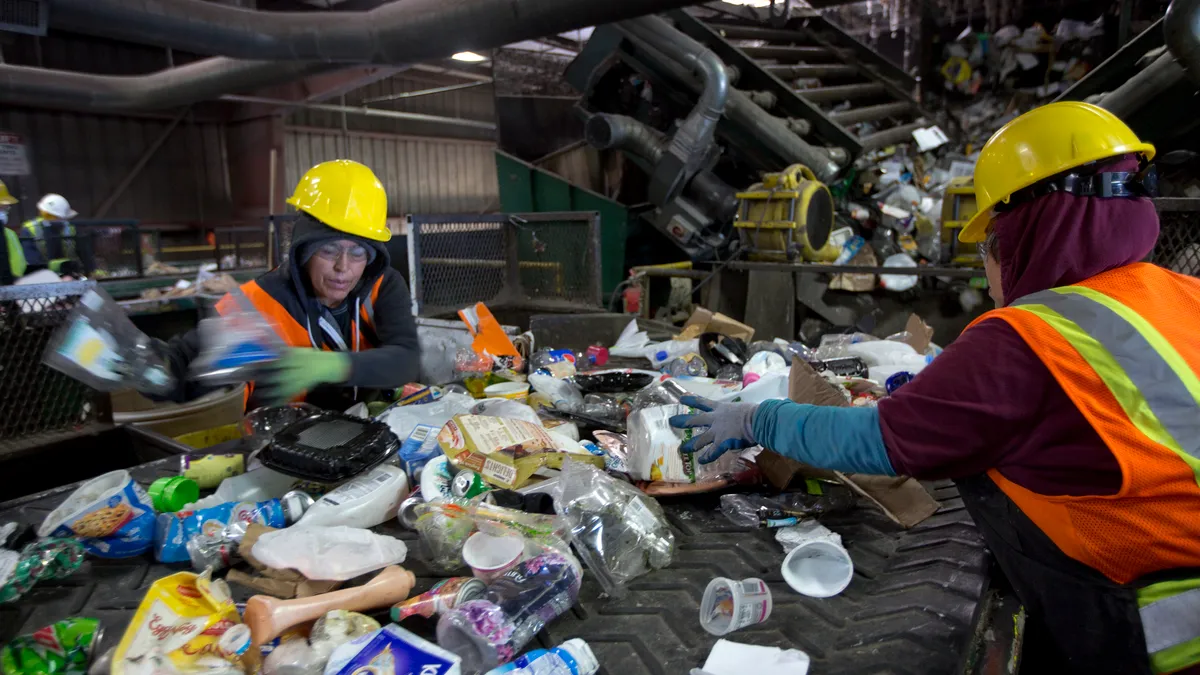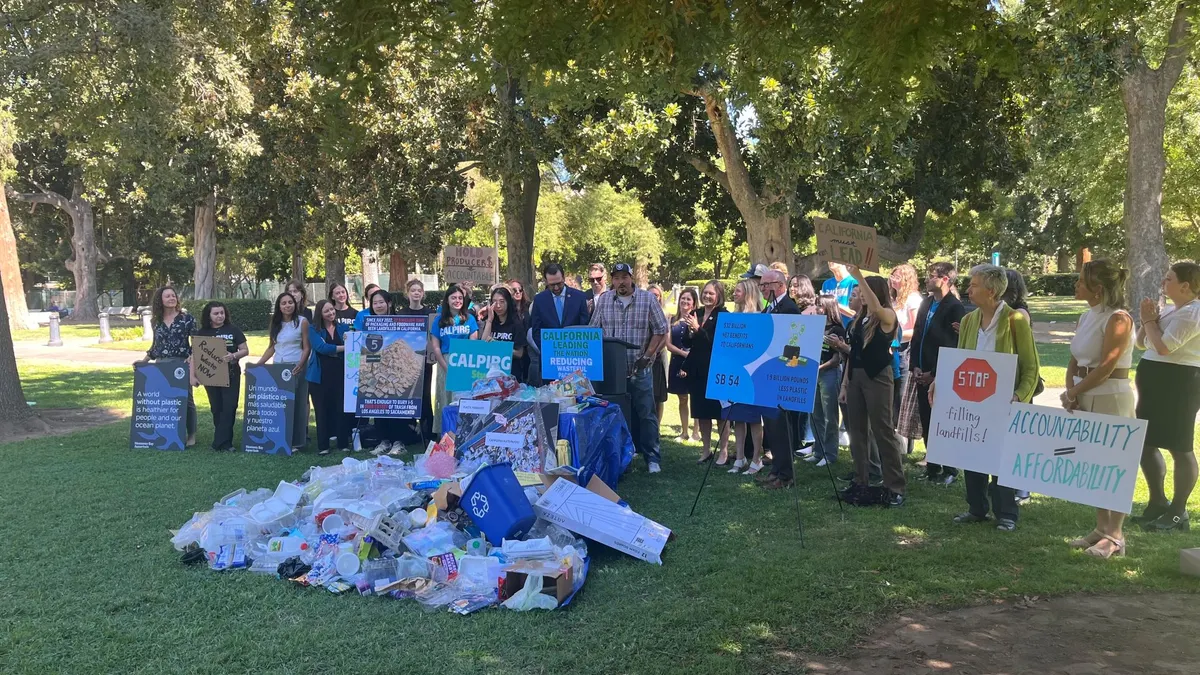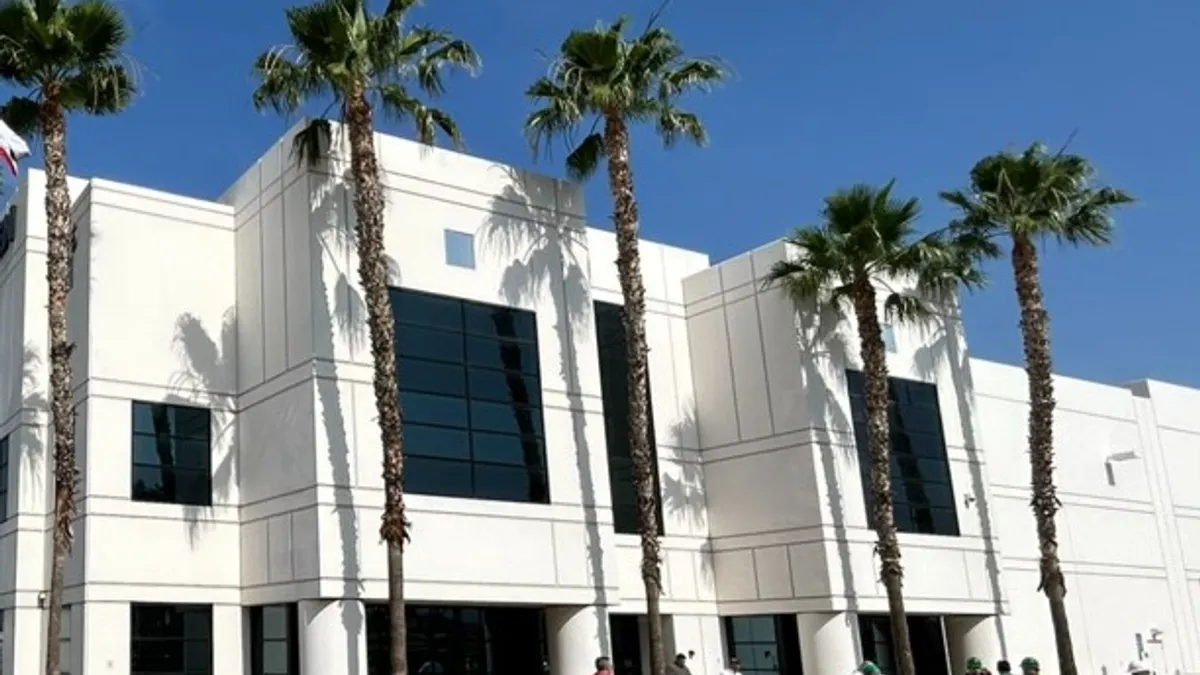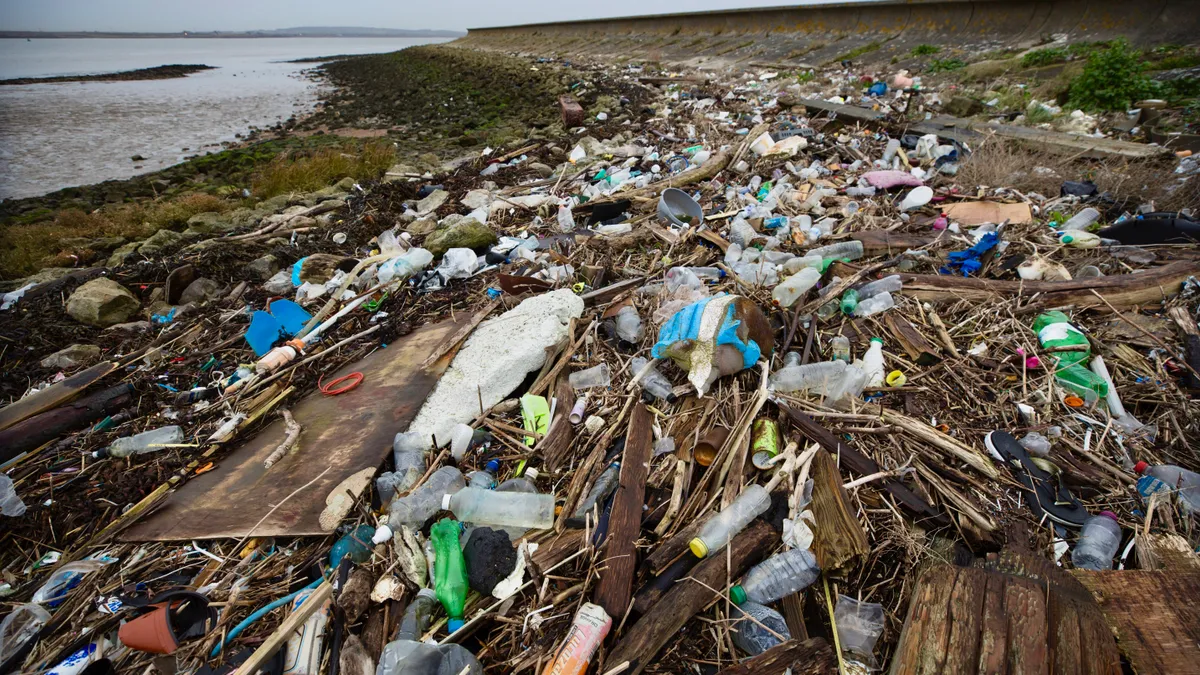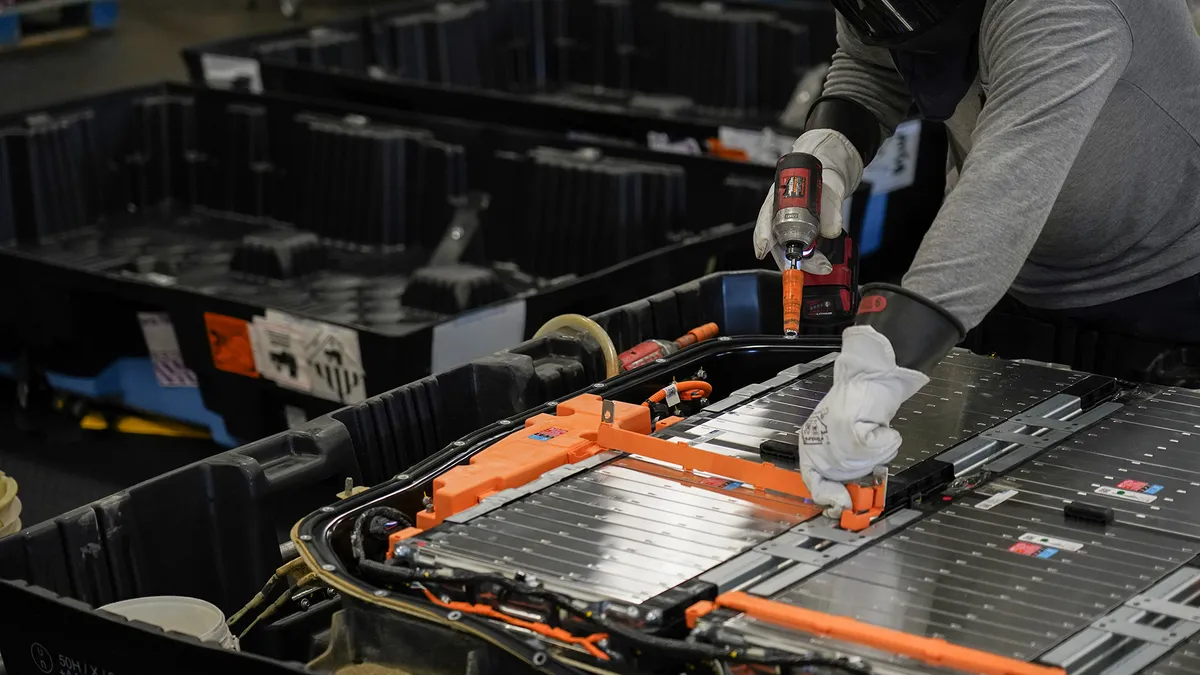MRF infrastructure investments are a big part of local governments’ strategy to collect cleaner, higher-value materials and reduce contamination. Recent grant funding from the U.S. EPA’s Solid Waste Infrastructure for Recycling grants (SWIFR) is also helping local MRFs replace aging infrastructure or launch brand-new facility projects.
The grant funding is part of the passage of the Save Our Seas 2.0 Act and was funded through the Infrastructure Investment and Jobs Act in 2021.
Grant-funded projects announced last week include new MRFs in rural Colorado and in northwest Ohio, as well as projects at existing MRFs in New Jersey and Kentucky meant to battle contamination and pull out more valuable materials. Here’s a snapshot of some of the MRF projects getting a slice of the EPA’s $105 million total in SWIFR grants for recycling, waste and organics projects around the country:
Chaffee County, Colorado
Grant amount: $3,995,000
Chaffee County will create a central place to process recyclable materials when it builds a MRF and a regional transfer station at its landfill outside the mountain town of Salida. Residents say recycling is inconvenient because curbside recycling is either costly or not available in their area, and there currently aren’t any public drop-off sites. Residents will be able to drop off recyclables at the new facility.
Managing waste and recycling in the mountains can be a challenge, since some residents live in “hard to reach” areas and local waste companies must sometimes haul materials hundreds of miles away for processing.
"As a small, rural community, Chaffee County has struggled for many years to establish permanent, holistic solid waste diversion and materials recovery systems,” said Beth Helmke, deputy county administrator for Chaffee County, in a statement.
The new facilities will process about 90,000 tons of material a year, with at least 50% of that material diverted from the landfill, according to the EPA. Chaffee County estimates 60% of the waste currently sent to its landfill is MSW and organics, and 90% of that material is recyclable or compostable.
The county will start project scoping, site design and facility construction through competitive bidding processes likely to launch in early 2024, according to Recycle Colorado, a state recycling nonprofit whose members include counties like Chaffee. The total project cost will be at least $5 million.
Ocean County, New Jersey
Grant amount: $1,867,163
Ocean County, New Jersey, will make major equipment upgrades at its MRF to help reduce contamination. The grant will also help the county meet market standards for its recyclables, said Barbara Jo Crea, an Ocean County commissioner and the liaison to the county’s solid waste management department.
A new plastic film air conveyance system, coupled with a new baler, will help battle the “plague” of plastic bags that enter the MRF each day and damage the equipment, according to the EPA. A secondary eddy current separator aims to improve the MRF’s aluminum capture rate by 10% compared to the previous three years, it said.
Ocean County also will install an artificial intelligence-powered “optical classification system,” which will use cameras and other technology to analyze its waste stream and gather data on operational improvements the MRF can make.
Residents have “embraced” the county recycling efforts since they first started in the 1980s, and MRF improvements funded by the grant are a “benefit to our environment and in preserving landfill space,” Crea said in a statement.
Lucas County, Ohio
Grant amount: $4 million
Lucas County, Ohio, is in the process of building a new MRF in the Toledo area that will be operated by Balcones Resources and could open as soon as 2025. The MRF is expected to be a public/private partnership between Closed Loop Partners and the county. Balcones is part of Closed Loop’s portfolio company Circular Services.
The county currently doesn’t have a MRF and sends its recyclables 90 miles away to a different MRF in Oberlin, Ohio, run by Republic Services. The City of Toledo said having a local MRF could save the city between $8,000 and $10,000 per month in transportation costs.
The new MRF will also help reduce greenhouse gas emissions from trucking the materials, Lucas County commissioners said in a joint statement.
The 60,000-square-foot facility is meant to process up to 35,000 tons of residential curbside recycling a year, according to the EPA. The EPA estimates the new MRF will create 25 new jobs and retain another 15 jobs.
The MRF construction project is just part of the county’s solid waste management plan. “We also continue to emphasize the need for 'correct recycling' to maximize the processing capability at the new MRF in order to increase the value of recyclables, as an investment in our future,” the commissioners said in the statement.
Lexington, Kentucky
Grant amount: $1.8 million
Lexington’s MRF, run by the municipal government, will use the grant to purchase new equipment to collect polypropylene and cut down on contamination.
The plan is to add “new technology into strategic locations on the sorting line,” including robotics. The municipality estimates the MRF will be able to collect over 500 tons of polypropylene each year.
Lexington Mayor Linda Gorton said PP investments are an important strategy in the circular economy, and the grant will help Lexington stay competitive in plastic recycling markets. “There are solid resale markets for these materials,” she said in a statement. “This is really good news in a city like ours that believes in the importance of recycling.”



